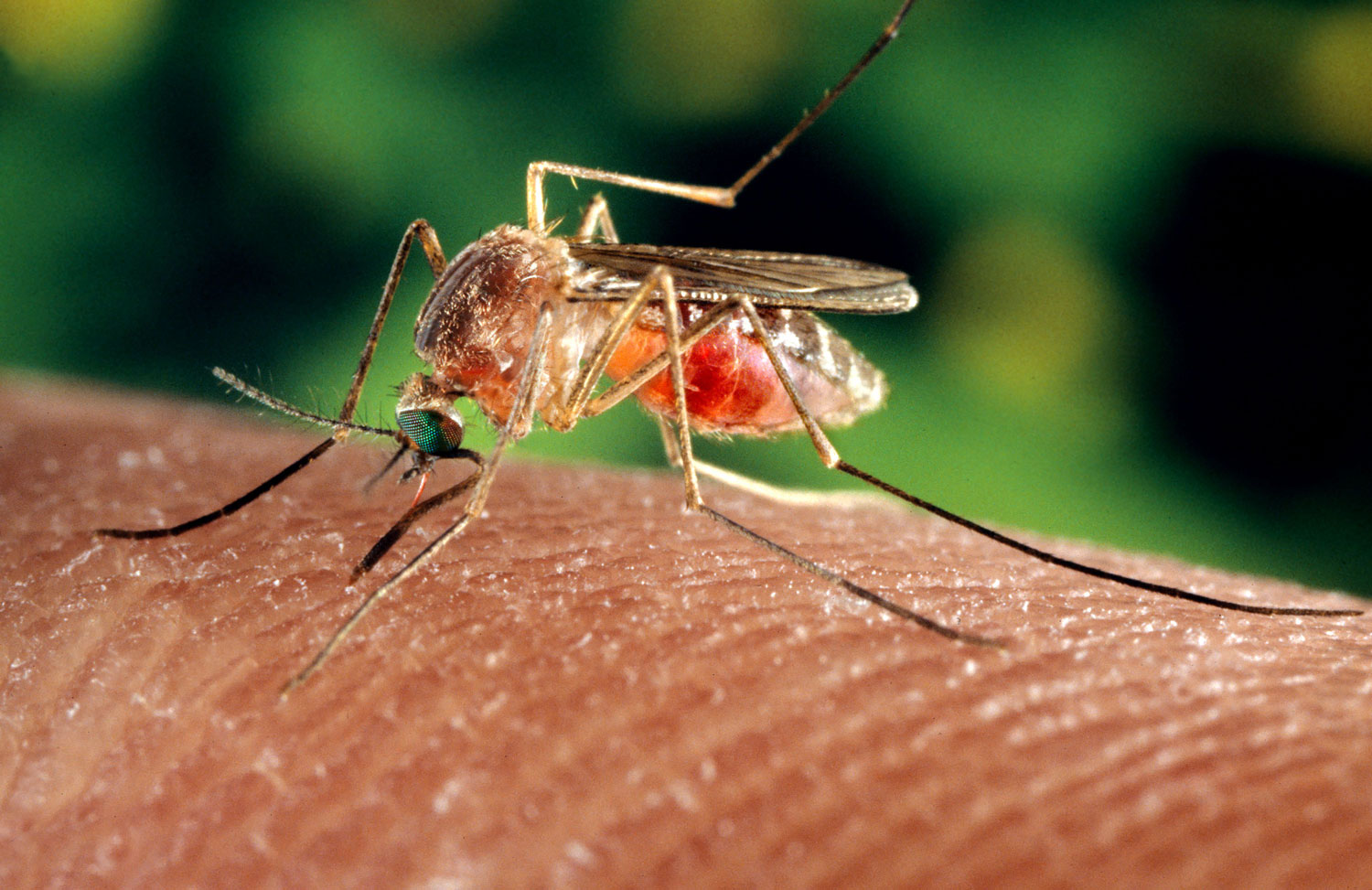
Other than the Zika virus, there are a slew of other nasty diseases carried by infected mosquitos such as Dengue Fever, West Nile Virus, Malaria, and Heartworms (in our furry friends). Most of these are carried by a species of mosquitos active during the daytime hours and are most commonly found in the tropics and jungle areas. However, one can’t be too safe when avoiding these nasty little buggers. Obviously, wearing mosquito repellant is a must during the warmer months (you can use the hard stuff with Deet, or go with a more natural option). There are also many safe ways to mosquito proof your yard without using poisonous gasses or harsh chemicals. We’ve put together some of the best ways to mosquito-proof your back yard (and home) to avoid exposing your loved ones to any potential illness this summer.
1. Plant Citronella Geranium (or other plants mosquitos hate). The active ingredient in those anti-mosquito candles actually comes from a plant - Cymbopogon (Lemongrass)! While Lemongrass is a species that typically grows in tropical climates, the Citronella Geranium can grow to two or three feet in the summer, handles pruning well, grows best with some afternoon shade, and is fairly drought resistant. This makes it a perfect plant to grow in Texas in the summer time. Plant it around the same time you would plant tomatoes (after the danger of frost has passed in the spring time) along your fence line to create a mosquito-repellant wall around your home. Place a couple more near where you usually sit outdoors for added protection! You can also crush the leaves and use the oils on your skin for a natural, safe mosquito repellant. Citronella grass, lavender, rosemary, horsemint, marigolds, ageratum and catnip have also been proven to drive away mosquitos.
2. Dump out standing water often.This is one of the most efficient ways to avoid mosquitos on your property in the first place. The vampiric pests like to lay their eggs on the surface of water, and they only need a small amount. Even a quarter inch of water collecting in a clogged rain gutter is enough to birth a generation of mosquitos. Doing a daily sweep of the yard to dump out standing water, clearing your gutters, and upturn any debris that has collected water can significantly help in mosquito prevention. You can fill any depressions or ditches in your home where water might collect on a rainy day, and fill any swimming pool, pond, or birdbath with a layer of Bacillus Thuringiensis Israelis (a bacteria that kills mosquito larvae, but is safe for humans and animals!)
3. Use citronella candles. The same mosquito repellant oil that is produced in the citronella plant is found (in a more concentrated form) in candles. You can buy these all natural or with some chemical ‘helper’ ingredients to place around your yard. Keep in mind that these have a limited radius so you may need to place several of them around you for an effective mosquito barrier.
4. There’s an app for that. Yep; you read that correctly. There is apparently an application for iPhone and Android that repels mosquitos! It gives off an ultrasonic sound that is said to be extremely bothersome to mosquitos. Unfortunately, the app has not proven to be effective in warding off the flying monsters in scientific studies, but manufacturers claim customer reviews speak for themselves. We figure, it couldn’t hurt to try, but we wouldn’t use it as our sole form of mosquito defense.
5. Use a fan. Having a fan running in the area where you and your guests are sitting will prevent the mosquitos from landing on you, as their wings aren’t strong enough to go against the wind. Not only will this prevent you from dealing with mosquitos, but also it will keep you cold on the hot, muggy summer days and nights!
6. Use neem oil. You can find this natural bug repellent at most health food and garden stores. Known to repel more than 200 kinds of insects including mosquitoes, whiteflies, gnats, and ticks; neem oil has no side effects. Just spray a little of it where ever the insects like to swarm, including directly on plants and on your own body. You can find neem oil skin repellent with added toxic pesticides, so be sure to read labels carefully if you are trying to avoid these.
7. Get a birdhouse. Birds eat mosquitoes (and other pesky bugs) so having them hanging around in your back yard will be a mutually beneficial relationship. Birds like purple martins and barn swallows are best known for eating mosquitos, but robins, mockingbirds, chickadees, nuthatches, and woodpeckers are just a few of the many species that are voracious insect eaters. Buying birds a house to nest in, bird feeders with seed for them to eat, and birdbaths for them to cool off in will attract these predators. Just be sure to treat the birdbath with anti-mosquito larvae killing bacteria mentioned previously!
Using not only one but several of these natural methods in your back yard should prevent you from having to spend your summer swatting off mosquitos and other pesky insects. Keeping your home and yard insect-free is the first step to avoiding the Zika virus and any other harmful disease these nasty little creatures propagate.










